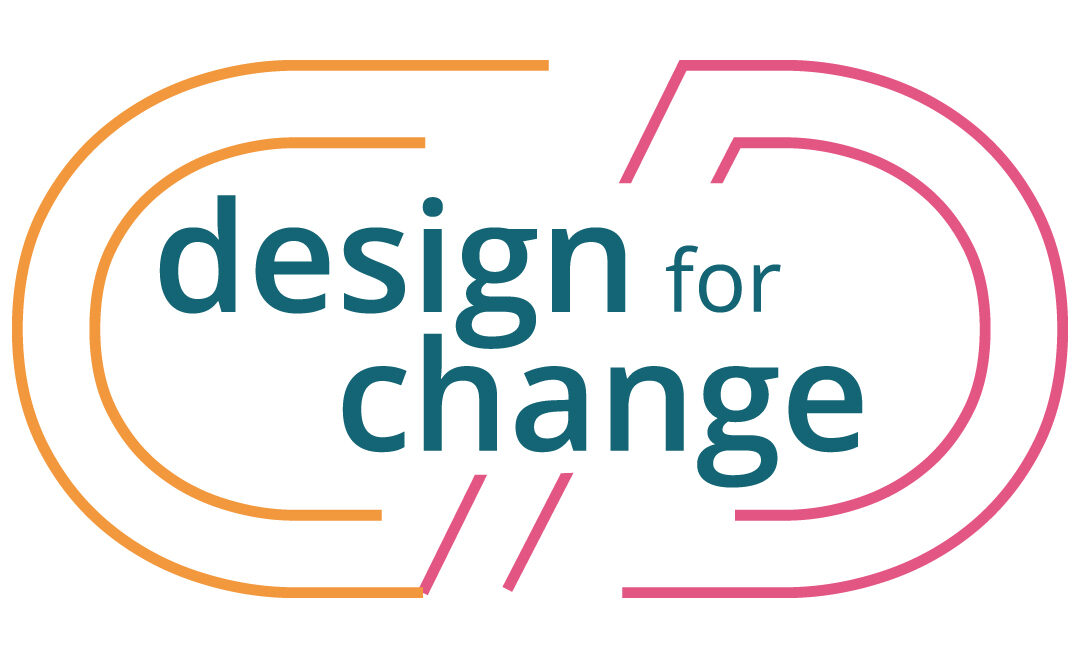In the post-covid era, European Higher Education is experiencing social, cultural and economic challenges and historically unique technological acceleration. More in detail:
Digitalisation. The Covid-19 crisis and the exponential rise of e-learning worldwide represented a “turning point” for digital education. Indeed, the forced shift to distance and online learning will have a longer-term impact on higher education [Lockee, 2021];
Applied learning. More and more students ask for hands-on university courses. This speaks to the need for Higher Education to offer more work-integrated learning opportunities and increase graduate employability. Managing work-integrated-learning and training effectively is a significant challenge [Iniguez, 2021];
Inclusion. A 2020 Insight Network survey of students from 10 universities suggests that “1 in 5 students has a current mental health diagnosis” and that “almost half have experienced a serious psychological issue for which they felt they needed professional help”, an increase from 1 in 3 in the same survey conducted in 2018 [Campbell et al., 2022]. Fundamental to student success, student well-being must be a top priority of all education providers. This is especially important given the new digital education experience where students spend less time on campus.
Sustainability. According to UNESCO, training and education can help people understand and address the impacts of the climate crisis, empowering them with the knowledge, skills, values and attitudes needed to act as agents of change. How to better integrate climate change and sustainability into course contents and everyday life of academic institutions is another challenge they need to face [UNESCO, 2022];
Cooperation. According to European Union, universities must engage in university-business collaboration to reduce the labour market relevance of the study programmes, increase the employability of graduates and enlarge the impact of research [The state of university-business cooperation in Europe, 2018]. Co-design of curricula between industry; industrial PhDs; collaboration with socio-economic actors; creation of dedicated offices for knowledge transfer and local impact can be considered.
Fundraising. A competitive and sustainable Higher Education system should be able to channel funds into its research and educational project. In terms of organizational changes, this need: a) centralized and specialized grant offices that support researchers in transforming their research finding into competitive proposals; b) be attractive toward investment funds, especially ESG investing, interested in developing impactful research and educational projects; c) activate co-financed corporate partnership through industrial PhDs and project learning challenges.
Tradition, replication, and standardisation are not enough to confront these challenges. Design thinking offers an essential pathway for transforming universities into adaptive institutions that can carry out the vital work of effectively responding to challenges.
To support the Higher Education system and, more broadly, the educational sector to promote an effective change, i-strategies is developing a specific guide on Design Thinking in collaboration with other international partners.
The guide will be an open-access project result of Design Thinking for Social Change, an EU project funded by the Erasmus+ programme.
Look at the project website to learn more about Design Thinking for Social Change.
The project is implemented by: European Centre for Human Rights (Lead partner, France), Le Laba (France), Momentum Consulting (Ireland), Dramblys (Spain), European E-learning institute (Denmark), Roscommon (Ireland) and i-strategies (Italy).

